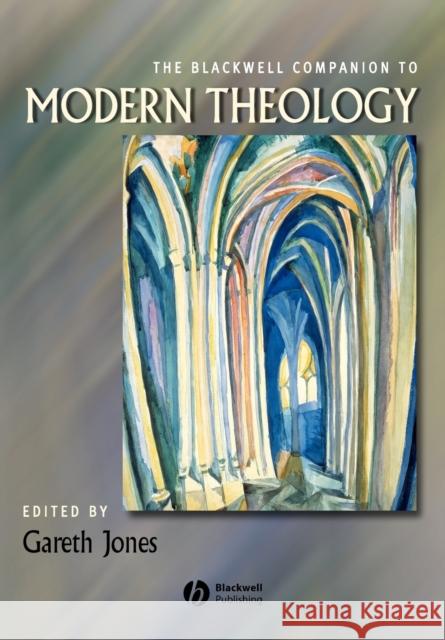The Blackwell Companion to Modern Theology » książka
topmenu
The Blackwell Companion to Modern Theology
ISBN-13: 9781405159753 / Angielski / Miękka / 2007 / 608 str.
The Blackwell Companion to Modern Theology
ISBN-13: 9781405159753 / Angielski / Miękka / 2007 / 608 str.
cena 235,45
(netto: 224,24 VAT: 5%)
Najniższa cena z 30 dni: 234,00
(netto: 224,24 VAT: 5%)
Najniższa cena z 30 dni: 234,00
Termin realizacji zamówienia:
ok. 30 dni roboczych.
ok. 30 dni roboczych.
Darmowa dostawa!
- In this major reference work, a team of the world's leading theologians provides a powerful overview of modern theology
- Covers theology's relation to other disciplines, the history of theology, major themes, key figures and contemporary issues
- Can be used as the basis for an introductory course or as an essential reference source











